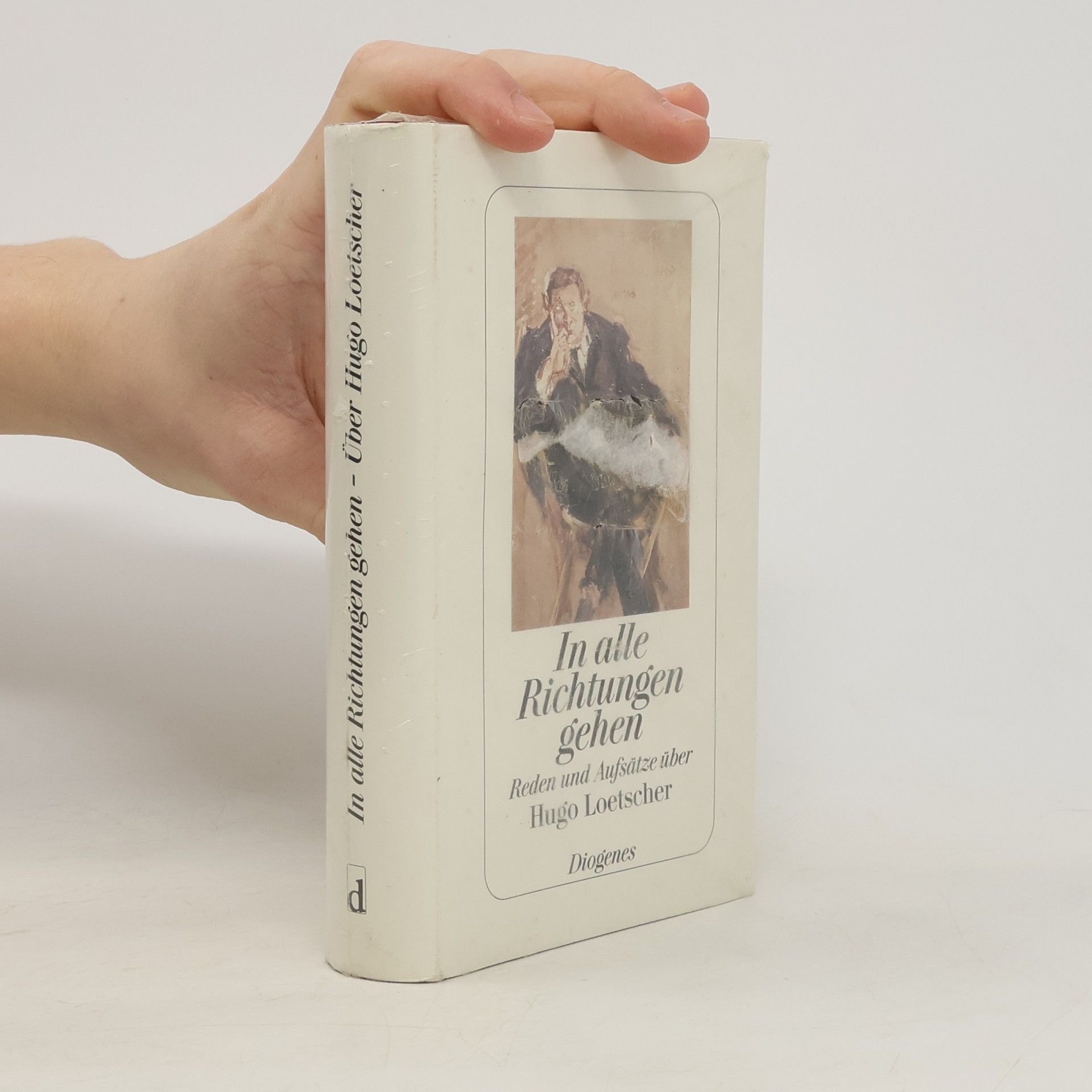Focusing on the seventeenth century, the book explores the significant role of African Catholics in shaping Black Christianity in America. It delves into their contributions and the broader historical context, highlighting how their faith and practices influenced the development of religious identity among African American communities. Through this examination, it sheds light on the intersection of culture, religion, and history during a pivotal era.
Jeroen Dewulf Knihy



In alle Richtungen gehen
Reden und Aufsätze über Hugo Loetscher
Hugo Loetscher: Weltreisender, Verfasser essayistischer Prosa, Lyriker, Vollblutepiker und Citoyen hochkarätige Beiträge illustrieren die verschiedenen Facetten von Person und Werk.